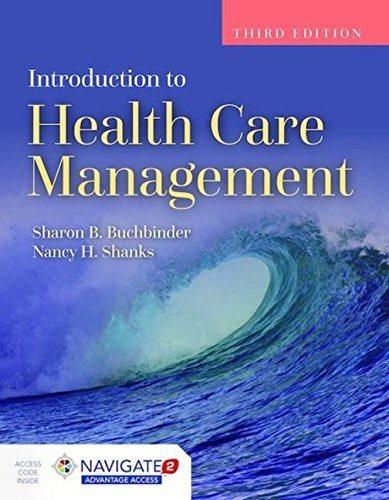Question
Please choose a case from the following and answer the questions. Among these, you must analyze the facts of the case and identify the importance
"Please choose a case from the following and answer the questions. Among these, you must analyze the facts of the case and identify the importance of the precedent.
As stated on page 34 of your text (Briefing Cases), identify the facts, issue, rule of law, application, and conclusion."
Briefing Cases Case briefs simplify and clarify a court's opinions by selecting the five most important elements of the decision. Briefs focus on key elements and set aside content that does not directly inform the court's decision.
The five components of a case brief are often referred to as FIRAC. They are Facts, Issue, Rule of Law, Analysis and Conclusion (or holding).
The Facts. The facts summary should include all the information needed to understand the issue and the decision of the court. The facts statement consists of a brief but inclusive discussion of what happened in the legal dispute before it reached this court. It should include who the parties are, what happened in the trial court and the basis for appeal. What happened between the parties that gave rise to the case? Who initiated the lawsuit? What was the substance of the complaint, and what type of legal action was brought? What was the defense? What did other courts reviewing the case decide? What legal errors provide the basis for the appeal? The Issue. Here, one sentence summarizes the specific question decided by the court in this case. The issue should be phrased as a single question that can be answered "yes" or "no." The Rule of Law. The rule of law states, preferably in one sentence, the precedent established by this decision that will bind lower courts. The Analysis. This section, also called the rationale, details how and why the court reached its decision. In this section, it is important to discuss the details of the court's reasoning and how it creates new law. Consider whether it establishes a new test, clarifies existing legal distinctions, defines a new category or highlights changing realities that affect the law. A thorough analysis must describe the reasoning for all the opinions in the decision and highlight the specific points on which concurring and dissenting opinions diverge from the opinion of the court. The Conclusion. This is a simple declarative statement of the holding reached by the present court. What did the court decide, and did it affirm, remand or reverse? Provide the vote of the court if it is an appellate court.
https://scholar.google.com/scholar_case?case=1795043925537702415&q=masterpiece+cakeshop&hl=en&as_sdt=6,26
Step by Step Solution
There are 3 Steps involved in it
Step: 1
Case Masterpiece Cakeshop v Colo Civil Rights 138 S Ct 1719 Supreme Court 2018 Facts Masterpiece Cakeshop Ltd owned by Jack Phillips is a Colorado bak...
Get Instant Access to Expert-Tailored Solutions
See step-by-step solutions with expert insights and AI powered tools for academic success
Step: 2

Step: 3

Ace Your Homework with AI
Get the answers you need in no time with our AI-driven, step-by-step assistance
Get Started


